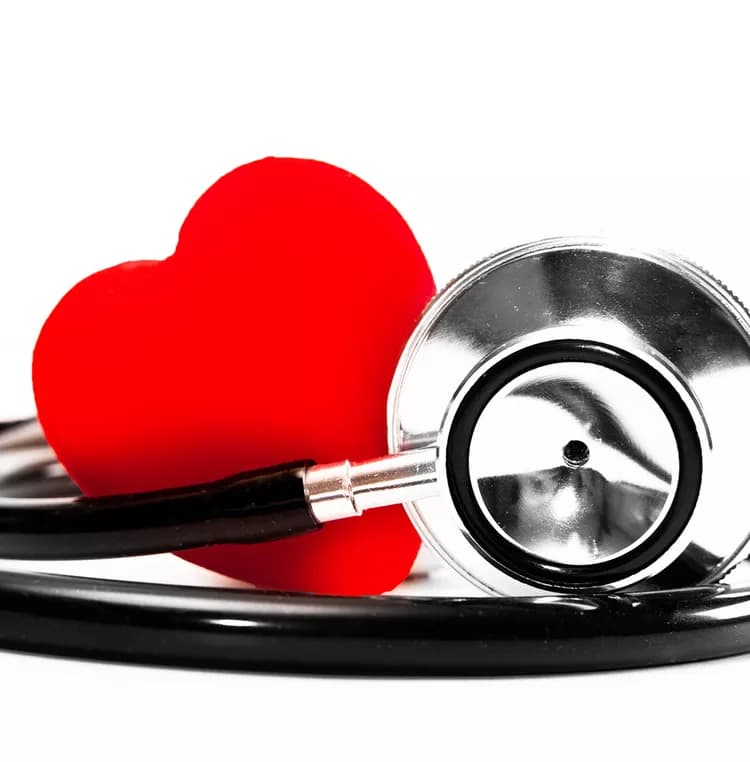Repeatedly losing and regaining weight, known as weight cycling or yo-yo dieting, may increase the risk of death from heart disease among postmenopausal women who were of normal weight at the start of the study, according to research presented at the American Heart Association's Scientific Sessions 2016.
"Weight cycling is an emerging global health concern associated with attempts of weight loss, but there have been inconsistent results about the health hazards for those who experience weight cycling behavior," said Somwail Rasla, M.D., study lead author and internal medicine resident at Memorial Hospital of Rhode Island, Alpert Medical School, Brown University, in Providence, Rhode Island.
Researchers classified self-reported weight history from 158,063 post-menopausal women into four categories: stable weight, steady gain, maintained weight loss, and weight cycling. During a follow-up of 11.4 years, they found:
Women considered "normal-weight" at the start of the study who lost and regained weight had about three and a half times higher risk for sudden cardiac death than women whose weight remained stable.
Weight cycling in the normal-weight women was also associated with a 66 percent increased risk for coronary heart disease deaths.
No increase in either type of death occurred among overweight or obese women reporting weight cycling.
Similarly, no increase in death occurred among women who reported that they gained weight but did not lose it or, in the opposite scenario, that they lost weight without gaining it back.
Evidence indicates that being overweight in midlife increases the risk of dying from two types of heart disease. In the first type, coronary heart disease, the blood vessels to the heart become blocked by fat and other substances, decreasing blood flow to the heart. In the second type, sudden cardiac death, the heart's electrical system abruptly stops working, causing death. It is unclear whether losing and regaining weight in adulthood also increases the risk of death from these heart diseases, so the investigators looked at this relationship among postmenopausal women.
The study has several limitations. First, the study was observational, therefore it could only show association and not a cause and effect relationship. In addition, the study relied on self-reports, which could be inaccurate. Since sudden cardiac death occurred relatively infrequently, the cases that did occur could have resulted from chance. Finally, the study included only older women.
"More research is needed before any recommendations can be made for clinical care regarding the risks of weight cycling, since these results apply only to postmenopausal women and not to younger-aged women or men," Rasla said.
In the United States and worldwide, heart disease is the leading cause of death. Obesity is a major risk factor, along with high blood pressure and cholesterol, diabetes, physical inactivity, poor diet, and smoking. One way to lower your risk factors is by following the American Heart Association's Life's Simple 7 program, which recommends: (1) manage blood pressure; (2) control cholesterol; (3) reduce blood sugar; (4) get active; (5) eat better; (6) maintain normal weight; and (7) stop smoking.
Co-authors are Marina Garas, D.O.; Mary B. Roberts, M.S.; Molly E. Waring, Ph.D.; Christine M. Albert, M.D., M.P.H.; Deepika Laddu, Ph.D.; Marcia L Stefanick, Ph.D.; David K. Garas, M.B.A.; and Charles B. Eaton, M.D., M.S. Author disclosures are on the abstract.
This study is funded by the National Heart Lung and Blood Institute.
Materials provided by American Heart Association. Note: Content may be edited for style and length.
Disclaimer: DoveMed is not responsible for the adapted accuracy of news releases posted to DoveMed by contributing universities and institutions.
Related Articles
Test Your Knowledge
Asked by users
Related Centers
Related Specialties
Related Physicians
Related Procedures
Related Resources
Join DoveHubs
and connect with fellow professionals


0 Comments
Please log in to post a comment.